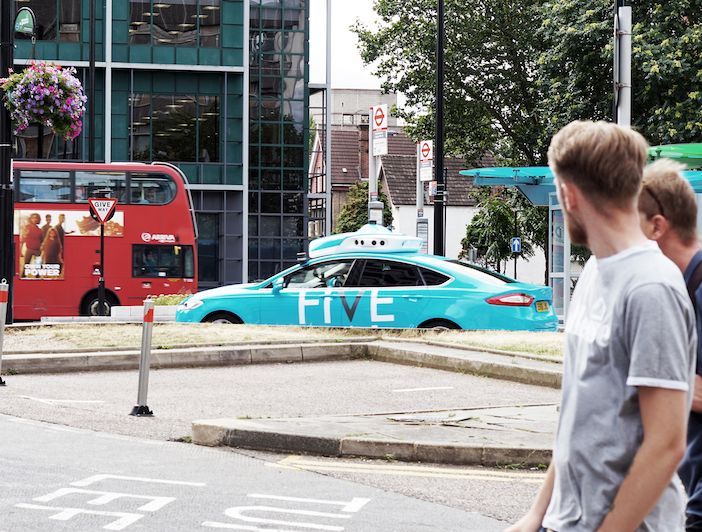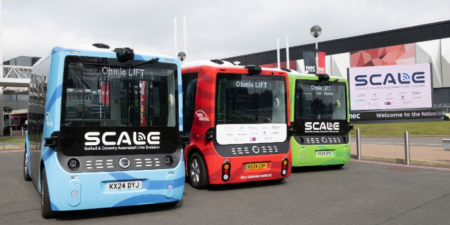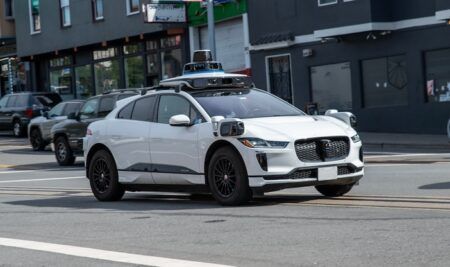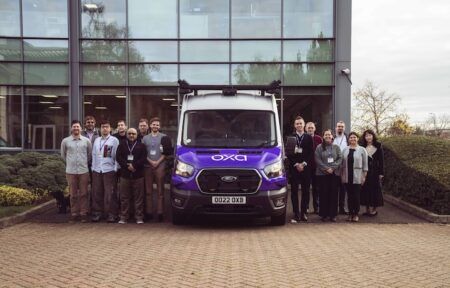The results of a new commuter research trial in London led by the UK’s self-driving technology firm, Five, in a project partnership called StreetWise, alongside partners such as TRL and Direct Line Group, show that 96% of all invited participants rated their overall journey experience as ‘positive to very positive.’
The researchers put the results partly down to the project’s rigorous safety protocols, with 86% stating that their expectations had been exceeded. Factors that drove these results included the self-driving system’s ability to keep a safe distance, perceive and manoeuvre safely around obstacles and hazards, drive like a human and manage roundabouts – common in Europe but less so in the US – as well as participants’ trust in the diligence and professionalism of the safety driver in each vehicle.
The StreetWise project’s commuter research trial phase, the UK’s most advanced demonstration of autonomous driving on public roads, involved an invitation-only group of participants to experience being driven autonomously on a busy, fixed 13-mile route in London. This included shared tramways, a variety of roundabouts, cyclists, pedestrians, T-junctions, signalised pedestrian crossings and a wide variety of vulnerable road users. Not only did Five’s self-driving system have to be high-functioning but one of the most rigorous safety cases had to be developed and monitored to assure safe operation.
The safety case incorporated a complete review of the vehicle platform and automated driving system (ADS), safety driver and test engineer selection, training and compliance with the Department for Transport’s (DfT) Code of Practice for automated vehicles testing, UK vehicle standards, UK driving rules and road traffic laws. Five developed all the self-driving software, tested it on proving grounds and in simulation, demonstrated compliance with the safety case, Code of Practice and all applicable laws and delivered the driving experience to members of the public.
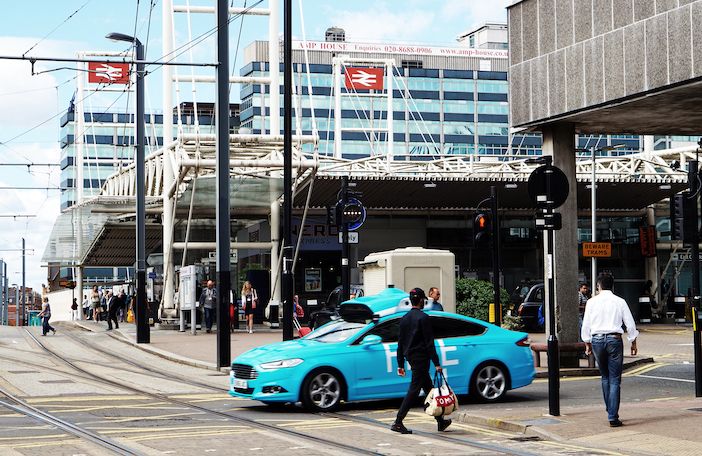
“We are thrilled with the outcomes from the StreetWise project,” explains Stan Boland, co-founder and CEO of Five. “Strong consumer trust and enthusiasm to adopt this technology in our daily lives is welcome news for the self-driving industry. It’s also testament to the need for a relentless focus on safety in how we develop and test it. The experience we gained in building a completely new self-driving system, including sophisticated deep learning perception and planning technologies, required us to build a prototypical cloud-based technology to help develop and test our system to a measurable level ahead of time.
“In fact, we came to realise that the prototype platform we started to build is essential to unlock the potential of consumer self-driving systems, without which they will take longer to unlock than they should. That’s why Five is now commercialising the platform widely so that many industry partners will be able to build better systems, simultaneously shortening their time to market and enabling the delivery of evidence-based safety arguments.”
As well as the technology development, the StreetWise project also highlighted the remaining hurdles in establishing the regulatory landscape, delivering clarity on what testing should be done, transparency on the test data itself and rigour on using that evidence to prove a set of arguments that add up to the assertion that the system is safe.
“The safety of not only the vehicles involved, but also of the passengers and other road users is of paramount importance,” says David Hynd, chief scientist for TRL, the UK’s Transport Research Laboratory. “This is why the safety case for the StreetWise trials was the most advanced version used in any trial to date. Moving forwards, it is essential that the wider industry comes together to build on what we have achieved so far, so that we not only learn from our combined findings, but also so we can build the framework whereby we harmonise the standards for a future that includes automated vehicles.”


